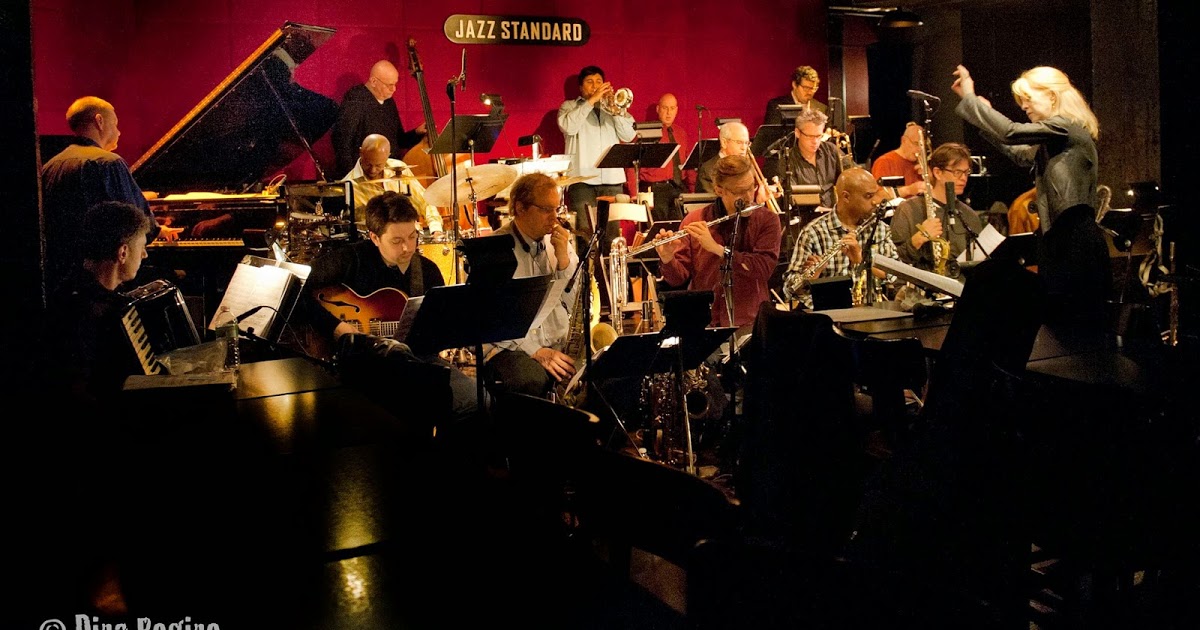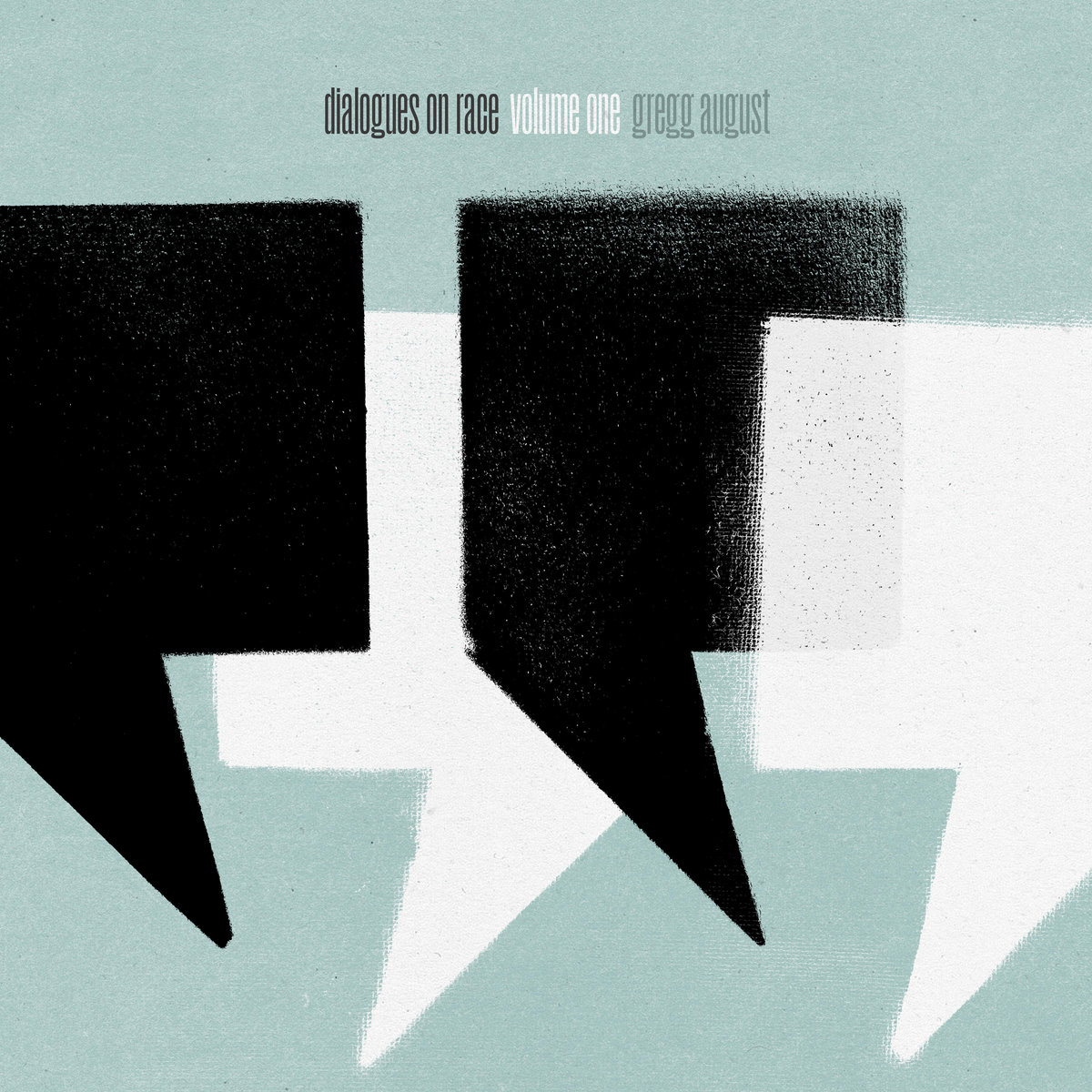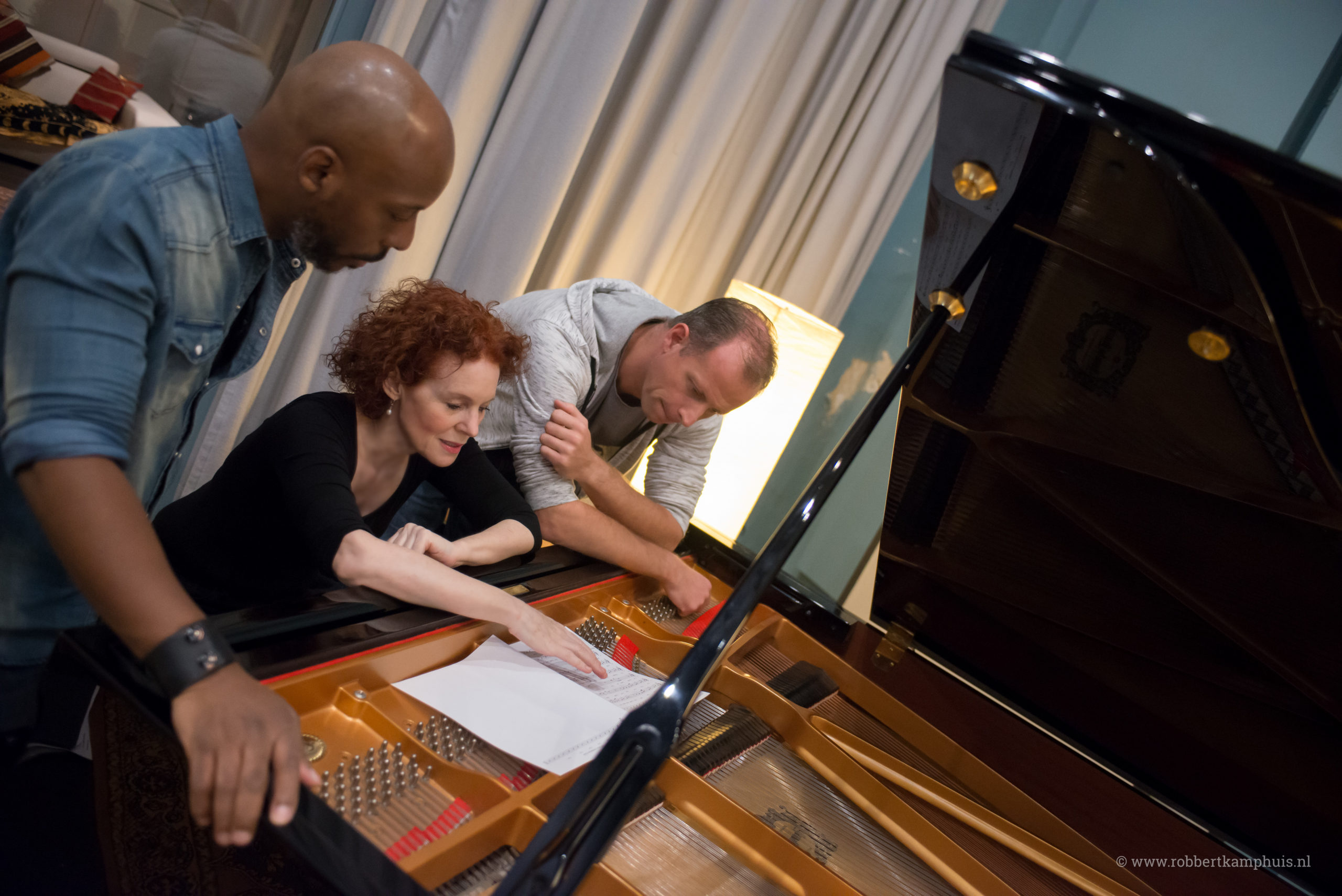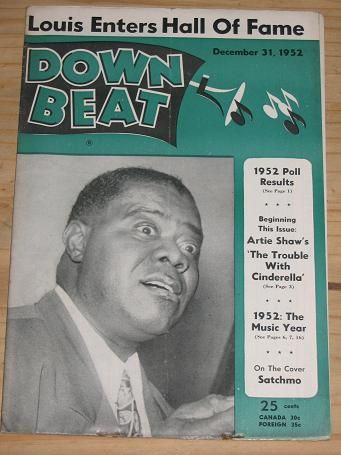
Down Beat cover from Dec. 31, 1952, noting the magazine’s first critics poll and Louis Armstrong entering the DB Hall of Fame. Pinterest
Jazz critics polls go back at least 70 years, to the start of the Down Beat magazine jazz critics poll (magazine cover pictured above), in 1952, though the DB reader’s poll began in 1949, and the magazine dates back to 1934. I contributed to that poll in the 1980s.
But here we present (not the annual Down Beat poll nor the Village Voice‘s Pazz and Jop poll) The 17th Annual Francis Davis Jazz Poll which began modeled after the whimsically-named but otherwise-serious Village Voice Pazz and Jop Poll of jazz and pop (see a vintage Voice issue below from 1984), begun by esteemed music critic Robert Christgau and continued for some years in Jazz and Pop Magazine, and to the present in The Voice, the New York weekly newspaper.
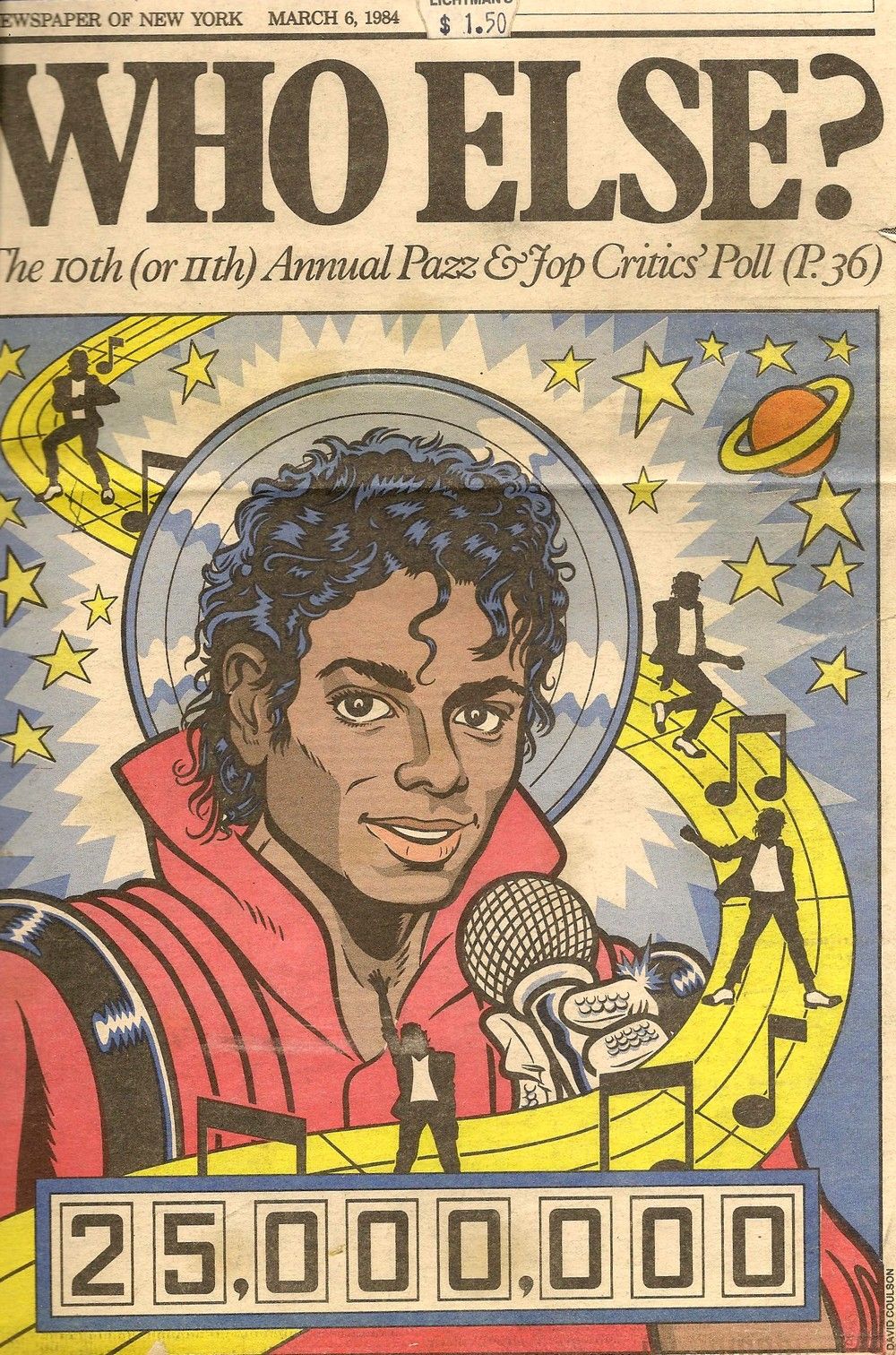
This poll is a different beast than the Down Beat poll, which solicits rankings for the best specific musicians on each instrument associated with the jazz idiom. That publication has long oriented itself to musicians, with technical “workshops,” transcriptions of solos, and “Pro Shop” — short features on instruments & gear. By contrast, this poll weighs opinions on the top ten best jazz albums of the year, and in miscellaneous categories, more geared to jazz aficionados and consumers.
The Francis Davis jazz poll was launched as a Village Voice poll, by the Grammy-Award-winning jazz writer Francis Davis. He is best known as the jazz critic for The Village Voice, and a contributing editor for The Atlantic Monthly, and was the long-time jazz critic for The Philadelphia Inquirer. He’s the author of a number of books including The History of the Blues, Jazz and its Discontents: A Francis Davis Reader, and Outcats: Jazz Composers, Instrumentalists and Singers. I contributed to The Village Voice jazz poll while at The Capital Times, in Madison, and later when it became the NPR Jazz Poll, by then the largest annual jazz poll in the world, last year compiled from “156 distinguished journalists and critics.”
Last year, the poll’s sponsorship shifted to The Arts Fuse, a curated, independent online arts magazine. Davis’s poll assistant, Tom Hull (who formerly wrote The Village Voice‘s Jazz Consumer Guide,) took over the main poll reigns this year (A link to the poll is at the bottom of this blog post).
Below are my poll choices from the list of results. You can also access my choices (and all critics choices) on the poll site two ways, but most easily by scrolling to the poll introduction page’s bottom (but just above the “methodology.”) to the link to the complete list of critics, alphabetically listed in the link.
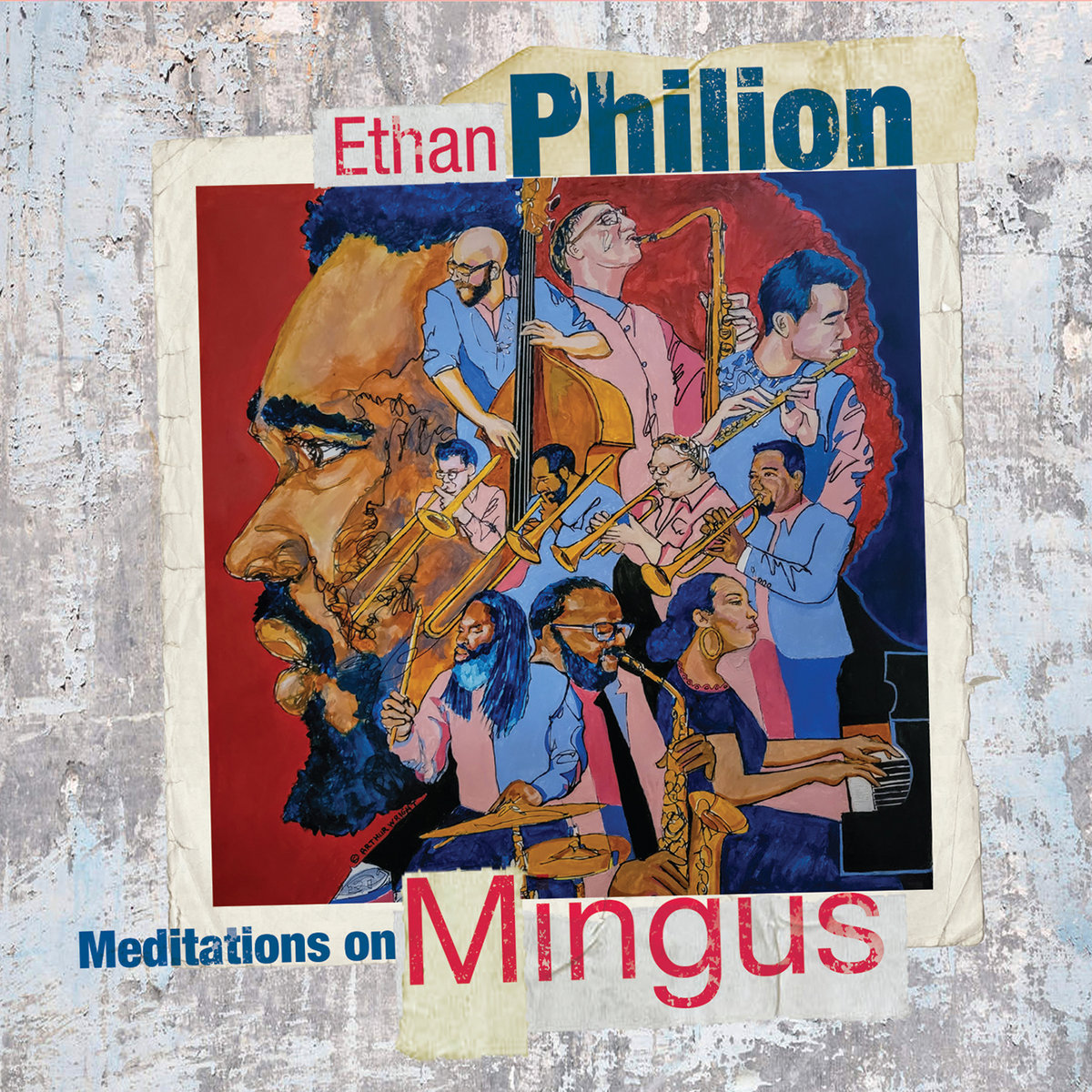
Kevin Lynch (The Shepherd Express, Culture Currents (Vernaculars Speak))
NEW RELEASES
- Ethan Philion, Meditations on Mingus (Sunnyside) (See cover above)
- Mary LaRose, Out Here [Music of Eric Dolphy] (Little (i) Music)
- Marquis Hill, New Gospel Revisited (Edition)
- Brian Lynch and Spheres of Influence, Songbook Vol. 2: Dance the Way U Want To (Holistic MusicWorks)
- Harry Skoler, Living in Sound: The Music of Charles Mingus (Sunnyside)
- Johannes Wallmann, Precarious Towers (Shifting Paradigm)
- James Francies, Purest Form (Blue Note ’21)
- Roberto Magris, Duo & Trio: Featuring Mark Colby (JMood)
- Black Lives: From Generation to Generation (Jammin’ Colors)
- Kase + Klassik, Live at the Opera House (B Side)
RARA AVIS (REISSUES/ARCHIVAL)
- Ornette Coleman, Genesis of Genius: The Contemporary Albums (1958-59, Craft)
- Ahmad Jamal, Emerald City Nights: Live at the Penthouse 1963-1964 and 1965-1966 (Jazz Detective/Elemental)
- Ray Charles, Genius + Soul = Jazz (Analog Productions Originals)
VOCAL
- Chicago Soul Jazz Collective Meets Dee Alexander, On the Way to Be Free (JMarq)
DEBUT
- Chase Elodia, Portrait Imperfect (Biophilia)
LATIN
- Miguel Zenón, Música De Las Américas (Miel Music)
- The poll invited brief comments from participating critics, which might appear on the poll site in the future in some context.
- But here’s what I wrote:
- Hear ye, this is a year of Charles Mingus re-emerging as a godfather of modern jazz, for artistic and honorary reasons. 2022 was the great bassist-bandleader-composer’s birth centennial, and his music speaks more pointedly than ever in our turbulent times.There’s no coincidence my top album choice of the year is Ethan Philion’s brilliant and impassioned Meditations on Mingus, Here’s link to my review. https://kevernacular.
com/?p=14938 . A second top-ten album, Harry Skoler’s — Living in Sound: The Music of Charles Mingus, was a warmly incantatory concerto-like setting for clarinetist virtuoso Skloer and orchestra, with a stellar lineup that included Christian McBride, Kenny Barron, Nicholas Payton, and Jonathan Blake, with arrangements by Ambrose Akinmusire and Darcy James Argue. - There was another worthy top-tenner, but I didn’t want this too-short list Mingus-clogged. The longtime Mingus Big Band sumptuously produced The Charles Mingus Centennial Sessions, with vocals and narrations by Charles’s son Eric Mingus. The big band also highlighted a PBS special titled Let My Children Hear Mingus: https://www.
charlesmingus.com/events/ pbsmingusspecial - The ever-amazing “jazz detective” label Resonance unearthed The Lost Album at Ronnie Scott’s, a blazing Mingus sextet date driven by the underappreciated Detroit drummer Roy Brooks.
- More, All About Jazz offered an excellent essay and critical round-up of 10 of Mingus’s greatest albums: https://www.
allaboutjazz.com/charles- mingus-an-essential-top-ten- albums-charles-mingus - Plus, last year, singer-songwriter-pianist Stephanie Nilles produced a powerful, provocative and fascinating album. I Pledge Allegiance to the Flag – The White Flag was its ironic title. It may not be a jazz album by many measures, but it captures much of Mingus’s loving and raging spirit. — Kevin Lynch
- I wrote about most of these albums in various contexts with in-depth reviews of my top six choices (searchable on my blog’s search bar) and my No. album 10 choice: KASE + Klassik Live at The Opera House. Among my other category choices, I reviewed Ornette Coleman’s Genesis of Genius box set.
- Here’s a link to my review of my top album choice Meditations on Mingus by Ethan Philion:
A jazz giant speaks to our times on Ethan Philion’s “Meditations on Mingus”
Finally, here’s the link to the jazz poll’s first page, where you’ll find one essay by Francis Davis, two by Hull and a photo essay by Hull on “Jazz Notables We Lost in 2022”:
The 17th Annual Francis Davis Jazz Poll
______________


